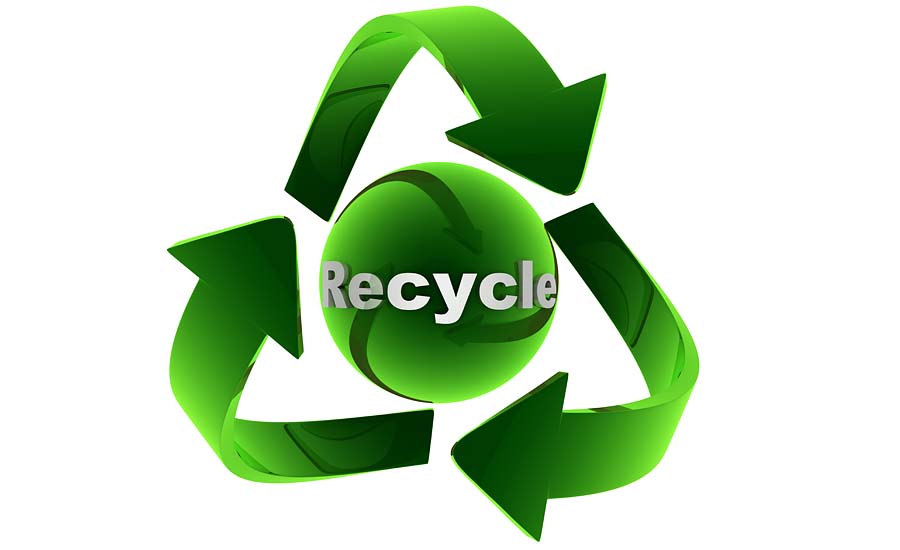The Global Sustainable Investment Alliance (GSIA), Washington, D.C., released its biennial Global Sustainable Investment Review 2018 report, showing that global sustainable investment assets reached $30.7 trillion at the start of 2018, a 34% increase from 2016.
This report brings together the results from regional market studies by the sustainable investment forums of Europe, United States, Japan, Canada, Australia and New Zealand, and includes data on the African sustainable investing market in cooperation with the African Investing for Impact Barometer and highlights from several countries in North, Central and South America provided by the Principles for Responsible Investment.
The report found that sustainable investing assets have grown in all regions except Europe. While Europe accounts for the largest concentration of sustainable investment assets globally, with total assets of $14.1 trillion, Europe’s share of the overall market declined from 53% to 49% of total professionally managed assets. The slight drop may be due to a move to stricter standards and definitions of sustainable investing.
The United States is the second largest region based on its value of sustainable investing assets. Total U.S.-domiciled assets under management using sustainable strategies grew from $8.7 trillion at the start of 2016 to $12 trillion at the start of 2018, an increase of 38%.
In Japan, sustainable investing as sets quadrupled from 2016-2018, growing from just 3% of total professionally managed assets in the country to 18%. This growth has made Japan the third largest center for sustainable investing after Europe and the United States.
For the first time, Australasia (Australia and New Zealand) is the region with the greatest proportion of sustainable investment assets relative to total assets under management, with 63% of assets in Australasia using a responsible investment approach.
The largest sustainable investment strategy globally is negative/exclusionary screening ($19.8 trillion), followed by ESG integration ($17.5 trillion) and corporate engagement/shareholder action ($9.8 trillion).
Negative screening remains the largest strategy in Europe, while ESG integration continues to dominate in the United States, Canada and Australia/New Zealand in asset-weighted terms. Corporate engagement and shareholder action is the dominant strategy in Japan.
Norms-based screening lost ground in Europe, with substantially fewer assets managed under this strategy than in 2016. Despite modest growth in Canada and more rapid growth in Japan in assets managed under norms-based screening, the global total of these assets fell from 2016-2018.
Impact investing is a small but vibrant segment of the broader sustainable and responsible investing universe in all the markets studied. GSIA defines impact investing as targeted investments aimed at solving social or environmental problems. Community investing, whereby capital is specifically directed to traditionally under-served individuals or communities, is included in this category, as is finance that is provided to businesses with an explicit social or environmental purpose.


